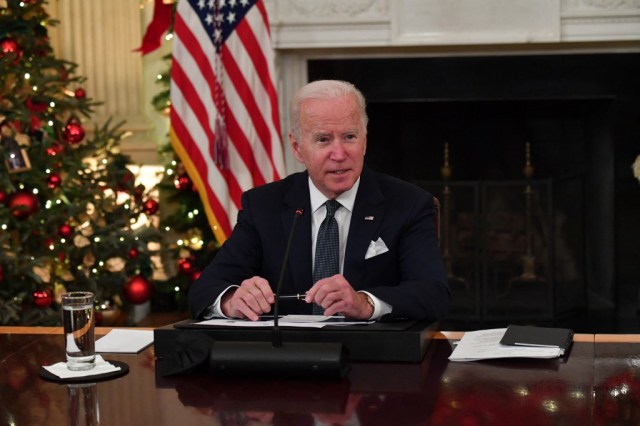
President Joe Biden debuted a tougher tone toward China this week when he announced a diplomatic boycott of next year’s Winter Olympics in Beijing after protracted criticism of his Chinese Communist Party tolerance.
By Washington Examiner – Naomi Lim
Dec 9, 2021
While Biden’s decision not to dispatch administration diplomats and officials to the highly anticipated event was mostly welcomed, critics contend it was overdue and could have been better organized to deliver a more powerful message to Chinese President Xi Jinping, a man Biden once referred to as an “old friend.”
Currie proposed including more Chinese government entities, businesses, and foreign nationals on the Commerce Department’s trade restriction list and in the Treasury Department’s Global Magnitsky Sanctions Program, announcements traditionally made Dec. 10, Human Rights Day. Biden should have delayed his diplomatic boycott rollout to coincide with Friday’s likely new actions or waited to tout it alongside Australia, Canada, and the United Kingdom, according to Currie.
“I’m all for doing all the performative things, but they need to be paired with meaningful efforts like sanctions enforcement,” she said.
Biden’s biggest China blunder was believing he and internationally focused climate envoy John Kerry could broker “a grand deal” on the environment, according to Currie. China and India collaborated last month to weaken the final U.N. climate summit framework.
Currie urged Biden to take Chinese military, technology, manufacturing, and natural resource edges seriously as well, imploring him to disempower Kerry.
“Let’s work on restoring U.S. supply chains on solar. Let’s work on building our capability to control critical minerals that we need not just to power electric vehicles but also to create the gyroscopes that go in our missiles,” she said. “Or chip production. These are things that you really can get bipartisan agreement on.”
Aside from genocide and human rights abuses against Uyghur Muslims in China’s Xinjiang province, Biden’s diplomatic boycott was “insufficient” because of China’s cyberattacks on the United States, its threats against Taiwan, and its lack of COVID-19 transparency, according to Vandenberg Coalition Executive Director Carrie Filipetti.
“It is a question about both the security of the Uyghur population and of our American athletes being sent to Beijing,” the former State Department deputy assistant secretary for Cuba and Venezuela said.
…

